Medical technicians (often called med techs) play a vital role in healthcare.
Whether analyzing blood samples in a lab or preparing diagnostic equipment, they support accurate diagnoses and effective treatment. This is a hands-on career that combines science, precision, and compassion.
We are definitely indirect patient care, which is what attracts me and I think attracts our students. We love the scientific aspect of it. We’re critical thinkers who like solving problems and providing results expeditiously for the patient. We like to know that we play a very important role in their healthcare.
— Lisa Lock, MBA, MLScm(ASCP), BB from Dallas College
If you’re interested in becoming a med tech, here’s how to take your first steps toward this essential and rewarding profession.💡✨
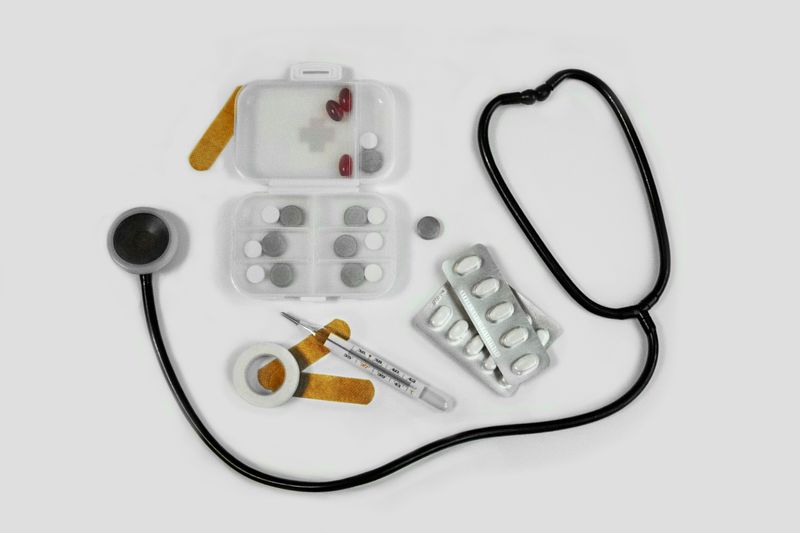 Photo by Julia Zyablova on Unsplash
Photo by Julia Zyablova on UnsplashEducation
What should you study in high school?
If you’re thinking about becoming med tech, your journey starts in high school!
Take these key courses: ✨
Biology: Learn how the human body works and how diseases affect it.
Chemistry: Understand the reactions and compounds used in lab tests.
Math (like algebra, pre-calculus, or statistics): Build problem-solving and data analysis skills for lab work.
English (for writing reports and communication): Practice writing and communication for clear lab reports and professional teamwork.
Tips 🔍
Want some bonus courses and experience? Health science classes are great for exploring medical topics early — and co-op programs or science internships will help you gain real-world lab exposure in high school!
These subjects can help you think like a scientist and develop the same skills med techs use every day, setting you up for success in college and beyond.

What about after high school?
Depending on where you study, there are a few different paths to becoming a med tech:
In the U.S. 🇺🇸
Medical Laboratory Technician (MLT)
2-year associate degree (AAS)
Includes hands-on clinical training
Learn lab basics like hematology, microbiology, and blood banking
Medical Laboratory Scientist (MLS)
4-year bachelor’s degree (BS)
Covers advanced topics like biochemistry, genetics, and lab management
Requires longer clinical rotations in real labs.
Both options must come from NAACLS-accredited programs. ⚠️
In Canada 🇨🇦
Medical Laboratory Technologist (MLT)
2.5–3 year diploma or advanced diploma in Medical Laboratory Science.
Learn five core lab areas:
Clinical Chemistry
Hematology
Microbiology
Shistotechnology
Transfusion Science
Programs include practical lab training + hospital placements.
Must be accredited by EQual (Accreditation Canada)
Some students later choose to complete a Bachelor’s degree or even a Master’s in public health, biomedical science, or lab leadership, especially if they want to work in research, education, or management.
 Photo by Leon Wu on Unsplash
Photo by Leon Wu on UnsplashQuiz Time: Help Lucie
 Lucie wants to be a med tech. She's comparing a 2-year diploma in Canada and a 4-year bachelor’s degree in the U.S. What’s one key difference?
Lucie wants to be a med tech. She's comparing a 2-year diploma in Canada and a 4-year bachelor’s degree in the U.S. What’s one key difference?
A. Only the U.S. programs include hands-on training.
B. Canadian diplomas skip real lab work.
C. Bachelor’s programs usually include more advanced topics and longer clinical rotations.
D. There’s no real difference — they’re the same.
Quiz
What's the key difference Lucy should consider?
Training and Certifications
What comes after school?
Once you finish your diploma or degree program, you’re not quite done yet! To officially work as a med tech, you’ll need to get certified — and sometimes, licensed too.
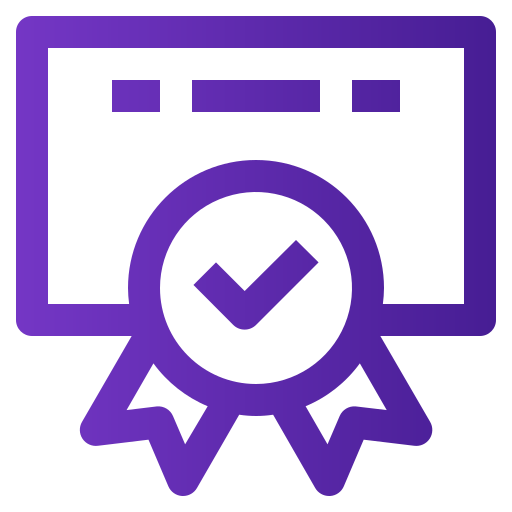
In the U.S. 🇺🇸
Most people get certified to be a med tech by the American Society for Clinical Pathology (ASCP).
After a 2-year degree, you can take the MLT(ASCP) exam.
After a 4-year degree, you can take the MLS(ASCP) exam.
These exams test your skills across all areas of the lab! They are computer-based, consisting of 100 questions, and are timed at 2.5 hours.
Some states (like California, New York, and Florida) also require a state license, which may have extra steps.
In Canada 🇨🇦
To work as a medical technician, you must pass a national exam run by the Canadian Society for Medical Laboratory Science (CSMLs).. This certification is required in most provinces (except BC and Quebec).
You also need to register with your province’s regulatory body, like:
These bodies set standards for practice and ensure public safety.

Keep learning! 🔥
Getting certified is just the beginning. You’ll need to renew your certification regularly by completing professional development activities.
In the U.S. 🇺🇸
To maintain your med tech certification, ASCP requires participation in the Credential Maintenance Program (CMP):
Earn 36 CMP points every 3 years through continuing education.
Points can be earned via online courses, workshops, or other approved activities.
ASCP offers a variety of educational resources to help fulfill these requirements.
In Canada 🇨🇦
To keep your certification active, CSMLS has the Professional Enhancement Program (PEP):
Accumulate 60 hours of professional development every 5 years.
Activities can include courses, workshops, or other approved learning experiences.
These programs help you stay up-to-date and show you’re still at the top of your game!💪
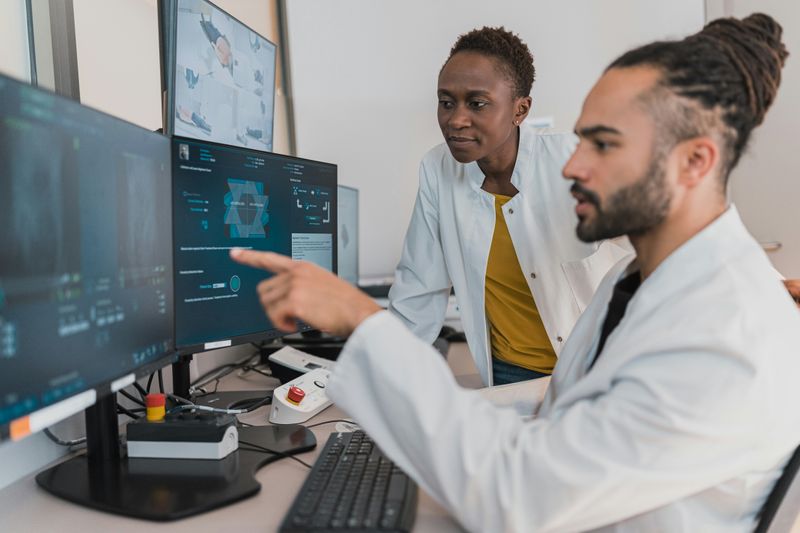 Photo by Accuray on Unsplash
Photo by Accuray on UnsplashSkills
What do you need to succeed?
As a med tech, you’ll need a mix of technical know-how and soft skills. Here’s what matters most, and how you can start preparing:
Technical Skills 🧪
These are the hands-on, science-based skills you’ll use every day in the lab:
Science knowledge: Understanding biology and chemistry helps you make sense of how lab tests work.
Lab skills: Learn how to handle samples, use machines, and follow careful steps to get accurate results.
Detail-oriented thinking: Even small mistakes can affect someone’s health, so being precise really matters.
Problem-solving: Sometimes tests don’t go as planned, and you’ll need to figure out what went wrong and fix it.
Comfort with computers: Labs use special systems to track tests and results, so being tech-friendly is a big plus.
Steady hands: You’ll often work with tiny amounts of liquid or delicate tools, so good hand coordination helps!
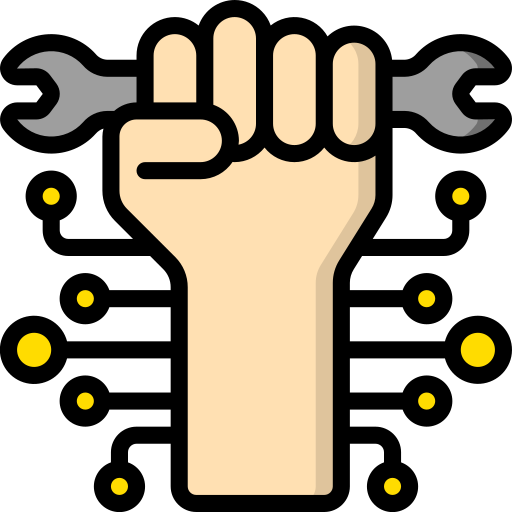
Soft Skills 💬
These help you work well with others and stay focused in a busy healthcare environment:
Communication: You may need to explain results or report urgent findings to doctors and nurses clearly.
Staying calm under pressure: Labs can get busy, especially during emergencies, so keeping your cool helps everyone.
Responsibility: Others rely on your work to make decisions for patients, so being dependable is key.
Teamwork: You’ll work closely with other techs, lab managers, and healthcare staff—it’s never a solo job.
Strong ethics: You’ll handle sensitive information and must be honest and careful in your work.
Willingness to learn: Lab tools and tests are always evolving! Being open to learning helps you grow in your career.
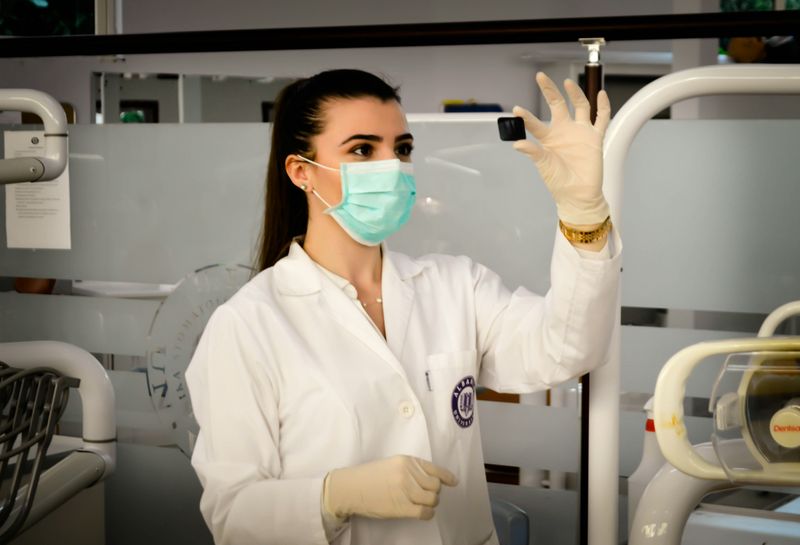 Photo by Ani Kolleshi on Unsplash
Photo by Ani Kolleshi on UnsplashScience knowledge? Check. ✅
Problem-solving skills? Double check. ✅ ✅
Steady hands and calm under pressure? Now you’re thinking like a med tech! 💪
Take Action
You don’t need to have all the answers now. Just by taking small steps, you’re already moving toward a career that combines science, skill, and real-world impact!
If you're passionate about a future in medical lab science, here’s how to start exploring the med tech profession today:
Your feedback matters to us.
This Byte helped me better understand the topic.

